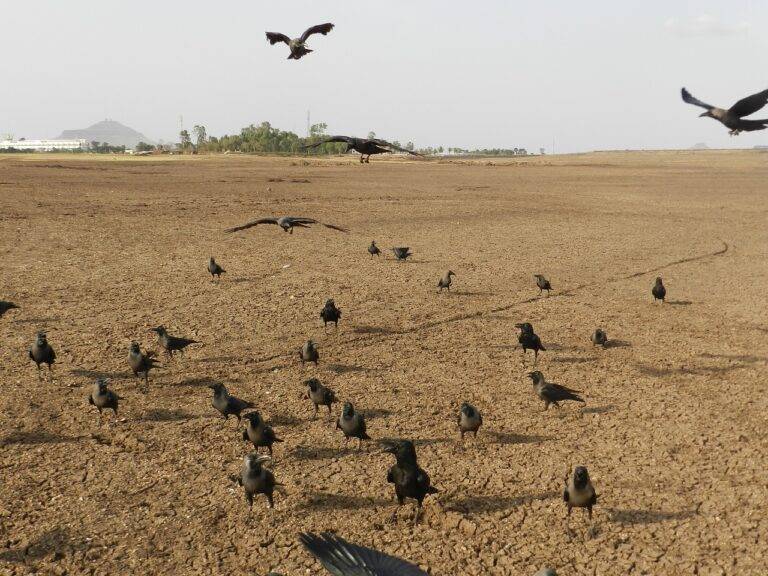The Role of International Election Monitoring in Transitional Democracies
In transitional democracies, the process of conducting free and fair elections is crucial for the consolidation of democratic institutions and the promotion of democratic norms. However, the integrity of elections in these transitional democracies is often at risk due to factors such as government interference, lack of transparency, and insufficient electoral infrastructure. To address these challenges, international election monitoring has become a key mechanism for ensuring the credibility and legitimacy of electoral processes.
What is International Election Monitoring?
International election monitoring is the practice of deploying international observers to assess the conduct of elections in a particular country. These observers are usually representatives from international organizations such as the United Nations, European Union, Organization for Security and Co-operation in Europe (OSCE), and various NGOs. Their primary role is to monitor and evaluate the fairness, transparency, and accountability of the electoral process.
The Importance of International Election Monitoring in Transitional Democracies
Transitional democracies are often characterized by fragile political systems, weak institutions, and a history of electoral malpractices. In such contexts, international election monitoring plays a crucial role in safeguarding the integrity of the electoral process and promoting trust in democratic institutions. By providing an independent assessment of the election process, international observers help to prevent fraud, manipulation, and violence, thereby ensuring that the will of the people is accurately reflected in the election results.
Key Functions of International Election Monitoring
International election monitoring serves several key functions in transitional democracies:
- Assessment of Electoral Framework: International observers assess the legal framework governing elections to ensure that it meets international standards of fairness and transparency.
- Monitoring of Electoral Processes: Observers monitor various stages of the electoral process, including voter registration, campaigning, polling, counting, and results transmission.
- Prevention of Electoral Violence: By presence of international observers can help deter violence and ensure a peaceful electoral environment.
- Capacity Building: Observers may offer recommendations for improving electoral processes and institutions to strengthen democracy.
Challenges of International Election Monitoring
Despite its many benefits, international election monitoring faces several challenges in transitional democracies:
- Sovereignty Concerns: Some countries view international observers as a violation of their sovereignty and may restrict their access or impact.
- Resource Limitations: International election monitoring missions require significant resources, including funding, expertise, and logistical support.
- Security Risks: Observers may face security risks in conflict-prone or unstable environments, making it difficult to effectively monitor elections.
Case Studies of Successful International Election Monitoring
Several case studies highlight the effectiveness of international election monitoring in ensuring the credibility of electoral processes:
- Kenya: In the 2013 and 2017 presidential elections, international observers played a critical role in preventing fraud and violence, leading to peaceful and transparent elections.
- Ukraine: Following the 2014 revolution, international election monitors were instrumental in overseeing the presidential and parliamentary elections, which were deemed free and fair.
- Georgia: International observers have consistently monitored elections in Georgia since its transition to democracy, helping to improve the electoral process and promote democratic norms.
Conclusion
International election monitoring plays a vital role in strengthening transitional democracies and ensuring the integrity of electoral processes. By providing independent assessments, deterring fraud and violence, and promoting transparency and accountability, international observers help to uphold democratic principles and foster trust in electoral outcomes. Despite facing challenges, the practice of international election monitoring remains essential for promoting democracy and protecting the rights of citizens in transitional democracies.
FAQs
What is the role of international election monitors?
International election monitors assess the fairness, transparency, and accountability of electoral processes in transitional democracies to ensure the credibility of election results.
Which organizations are involved in international election monitoring?
Organizations such as the United Nations, European Union, OSCE, and various NGOs deploy international observers to monitor elections in transitional democracies.
How do international election monitors help prevent electoral fraud?
International observers deter fraud by providing an independent assessment of the electoral process, monitoring key stages of the election, and offering recommendations for improving electoral integrity.
What challenges do international election monitoring missions face?
Challenges include concerns about sovereignty, resource limitations, and security risks in conflict-prone or unstable environments.







